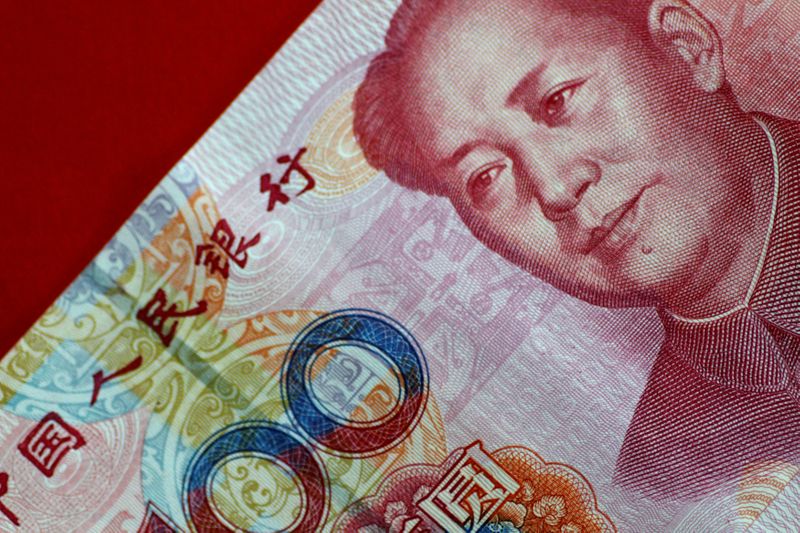SHANGHAI (Reuters) - China is further opening up its financial markets to overseas investors, easing restrictions on foreign investments in securities, retail funds, private funds, banking and insurance fields.
Below is a slew of information, compiled by the Asset Management Association of China, Beijing Asset Management Association, Beijing Private Equity Association and CFA Institute, for foreign institutions that want to participate in China's more than 100 trillion yuan ($14.60 trillion) asset management industry.
OVERSEAS ASSET MANAGEMENT INSTITUTIONS THAT CAN BE ESTABLISHED
Fund Management Company (FMC (NYSE:FMC)), Securities Company, Private Securities Investment Fund Manager (PFM), Qualified Domestic Limited Partnership (QDLP), Qualified Foreign Limited Partner (QFLP), Wealth Management Subsidiaries of Commercial Bank, Insurance Asset Management Company and Trust Company.
CROSS-BORDER INVESTMENTS THAT CAN BE CARRIED OUT BY OVERSEAS ASSET MANAGEMENT INSTITUTIONS
QFII, RQFII, Stock Connect, Direct investment in the interbank bond market (CIBM Direct), Bond Connect, qualified specific types of commodity futures, Mutual Fund Recognition (Northbound Fund) and China Themed ETF listed on the Tokyo Stock Exchange.
REGULATORS
Currently, the China Securities Regulatory Commission (CSRC) is the administrative authority for public funds, the private asset management business of securities and futures institutions, and private investment funds.
The China Banking and Insurance Regulatory Commission (CBIRC) is the administrative authority for the wealth management business and subsidiaries of commercial banks and the asset management business of the trust and insurance companies.
At present, beyond the regulations set by the CSRC and the CBIRC, to conduct asset management business in China, the Guidance on Regulating the Asset Management Business of Financial Institutions must be complied with.
In addition, the Asset Management Association of China has established a relatively complete set of self-regulatory rules covering private investment fund management institutions, fund products, qualified investors, fund custody, fund sales, fund investment, information disclosure, accounting, fund valuation and outsourcing of services, etc.
TYPES OF ASSET MANAGEMENT PRODUCTS
Generally, the asset management products in China are organised in three forms: contract type, partnership type and company type.
The partnership type and company type asset management products need to be registered as business entities with the industrial and commercial administrative departments, while the private type products should be registered with the Asset Management Association of China (AMAC).
In practice, asset management products such as private equity management products and private equity investment funds of securities and futures management institutions are usually contract type products which boil down to a fiduciary relationship.
Commercial banks, wealth management subsidiaries of commercial banks, trust companies and insurance companies mostly conduct private asset management business using contracts and offer equity, debt, real estate investment, trust plans and wealth management products.
LEGAL FRAMEWORK
Asset management products usually involve investors, managers, custodians, underlying asset and other subjects.

($1 = 6.8484 Chinese yuan)